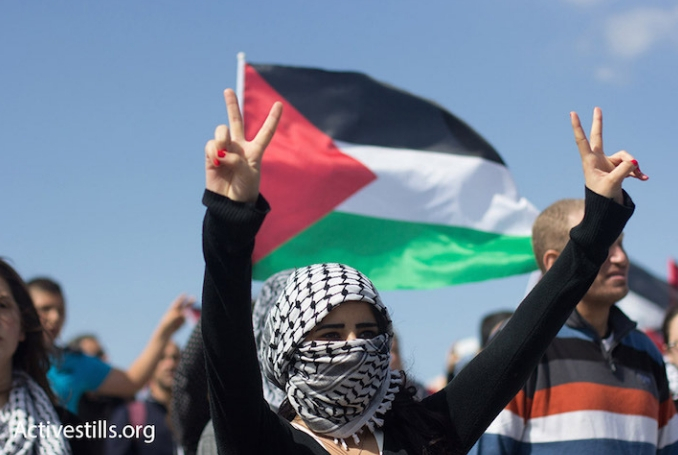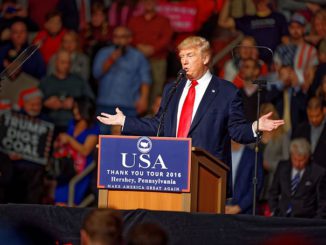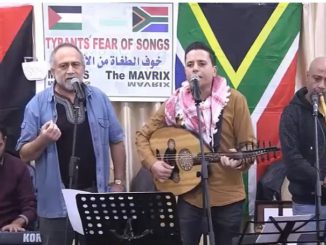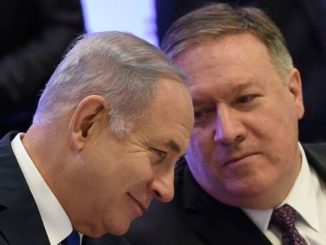
By Ramona Wadi
As preparations continue for the “Peace to Prosperity” workshop to be held in the capital of Bahrain next month, opposition to US-Israeli scheming grows. The Confederation of Palestinian Communities in Latin America (COPLAC) is reported to have denounced the summit and its aims and urged Arab countries to refrain from participating.
COPLAC’s reasoning for a boycott of the summit is correct; it described the endeavor as “US-Israeli maneuvering designed to wipe Palestine from the map and liquidate the rights of the Palestinian people.”
COPLAC’s statement asserts its support for the liberation of Palestine. In an interview last month, the Confederation’s President, Rafael Araya Masri, declared that Israel’s Jewish Nation-State Law is “making the two-state solution practically unfeasible.” In its absence, he says, Palestinians will continue fighting for “a secular and democratic state.”
If this stance is sustained, a new departure from the two-state compromise will have been achieved. The Palestine Liberation Organisation (PLO), to which COPLAC is linked, is still tethered to two-state diplomacy.
So far, opposition to the Manama summit has been based upon its direct confrontation with the established parameters of the two-state paradigm. The Senior Adviser to US President Donald Trump on this issue, his son-in-law Jared Kushner, has already stated that the so-called “deal of the century” will not mention a two-state solution.
“If you say ‘two-state,’ it means one thing to the Israelis, it means one thing to the Palestinians,” he claimed. Kushner’s solution is apparently to refrain completely from even mentioning it.
Of course, the issue is not just about terminology, but the outcome of the conference which does not intend Palestinians to gain any of their legitimate rights, let alone a hypothetical state. Yet the majority of entities opposing the summit are refusing explicitly to discuss the perils of pitting Trump’s plans against the obsolete two-state compromise.
If COPLAC has indeed broken away from the two-state rhetoric, Palestinians in Latin America and elsewhere have a rallying point that can connect to the Palestinian struggle inside the colonized and occupied Palestinian territories.
Support for Palestine in Latin America has always been visible; not only is it home to a Palestinian diaspora with the largest community residing in Chile, but it is also a region that shares a similar history with Palestine due to colonization and subsequent US-backed dictatorships.
The call for Palestinian liberation emanating from Latin America is thus indeed special, considering that the region as a whole is also still adhering to the two-state rhetoric. Breaking away from the international impositions to voice Palestinian liberation alongside Palestinians is a necessary step if Trump’s deal and the two-state compromise are to be halted permanently.
However, “Palestinian liberation” has also been used in contexts where liberation is not a priority for those making use of the slogan. Take the Palestinian Authority, for example; it speaks of liberation when it has compromised on all Palestinian rights and turned against the Palestinian people in the process.
At a time when Palestine has been fragmented by all of the political actors involved, regardless of whether they have professed support for Palestinian rights or not, it is important to define the term in accordance with the demands of the people of Palestine in the occupied territories as well as the diaspora. From then onwards, anyone speaking of liberation must, unequivocally, commit themselves to the politics determined by the Palestinian people themselves.
– Ramona Wadi is a staff writer for Middle East Monitor, where this article was originally published. She contributed this article to the Palestine Chronicle.







